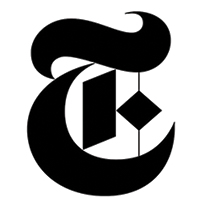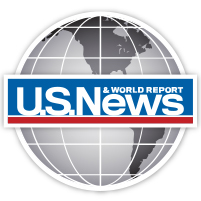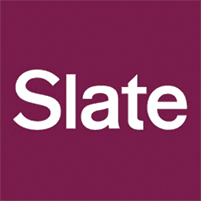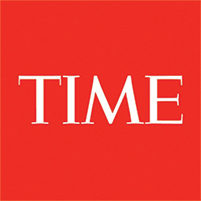Better Decisions Mean Healthier People and More Affordable Health Care for Society
In the U.S., unhealthy behaviors—like smoking and poor diet—account for nearly 40 percent of premature deaths. Health care and insurance is expensive and extremely difficult for people to understand and navigate.
So far solutions such as corporate sponsored wellness programs or adding nutritional information to food products have not made lasting impacts. Just as simply increasing the share of resources devoted to health care does not guarantee better outcomes. In 2016, $1 trillion was spent on unnecessary and ineffective care. At the same time, 28 million nonelderly Americans currently lack insurance and with it access to care that could substantially improve their health.
Carnegie Mellon University behavioral economists design and test multifaceted interventions to change the way we make decisions and influence how policies are implemented. They have simplified health insurance plans, created tools to help teens make less risky decisions and investigated ways to deliver affordable health care.
In the News
 Why So Many People Choose the Wrong Health Plans?
Why So Many People Choose the Wrong Health Plans?
Because of human quirks, lack of understanding and overly complicated plans, many people are paying more without getting anything extra in return.
 Is High-Deductible Health Insurance Worth the Risk?
Is High-Deductible Health Insurance Worth the Risk?
“They’re much more likely to choose the most expensive plans with seemingly higher coverage,” said Saurabh Bhargava, an economist at Carnegie Mellon University, whose research has demonstrated that individuals may not make the right choices.
 'Traffic Light' Symbols May Help People Make Healthier Food Choices
'Traffic Light' Symbols May Help People Make Healthier Food Choices
Though it can help you lose weight, counting calories on your own can be difficult. There is, however, a simpler method for making healthier choices.
 Why Do Drug Reps Give Doctors Free Pens?
Why Do Drug Reps Give Doctors Free Pens?
How much goodwill—and profits—do those pens and sandwiches actually buy?
 The Science of Why Good People Choose Bad Health Plans
The Science of Why Good People Choose Bad Health Plans
Two CMU economists studied what happens when employees of a large corporation choose among nearly 48 different health insurance options. Some were clearly better deals; however, 61% of the employees chose suboptimal plans.


